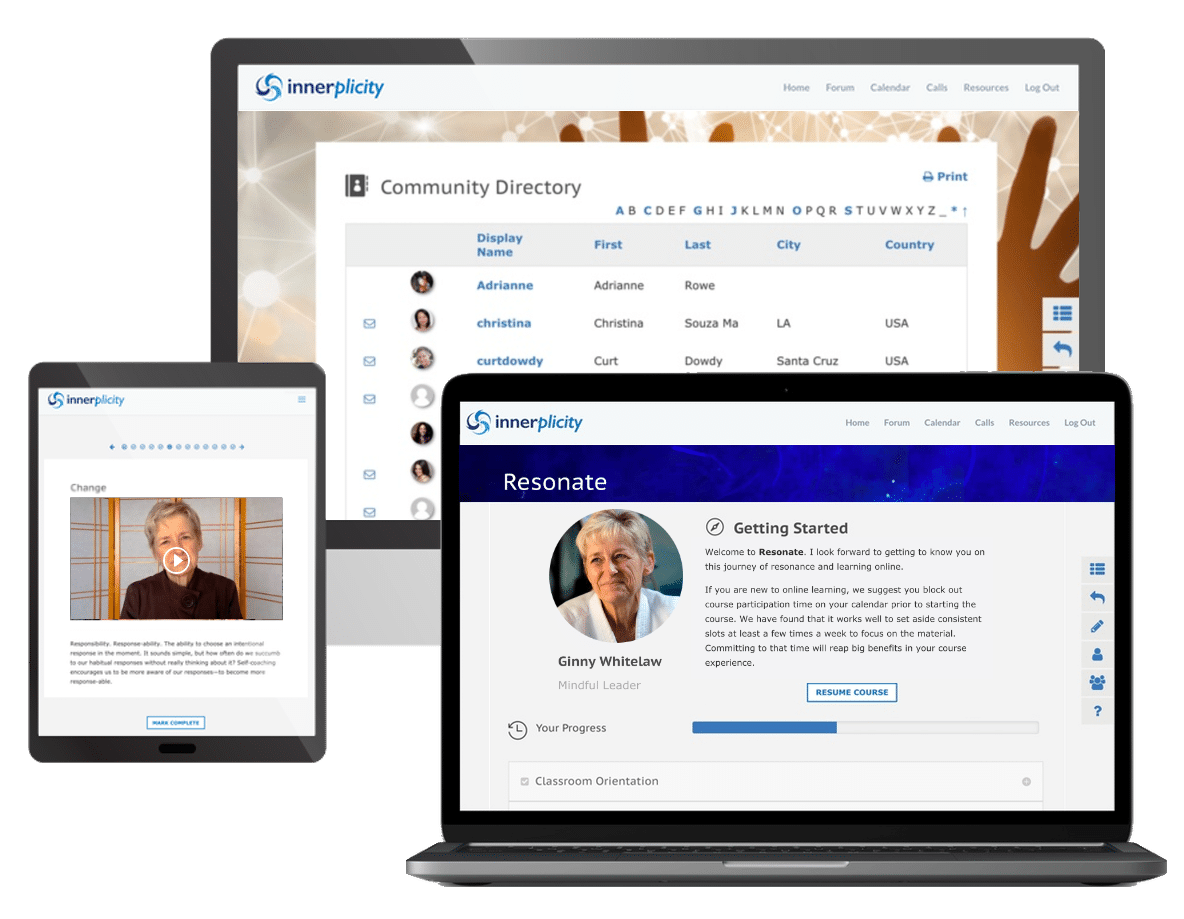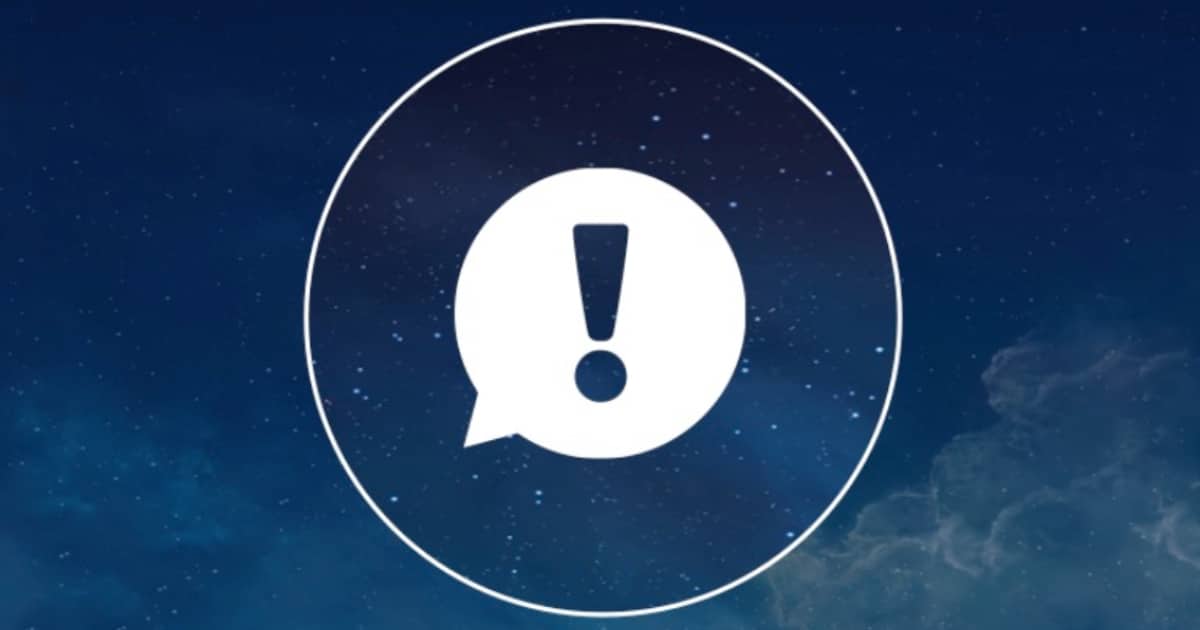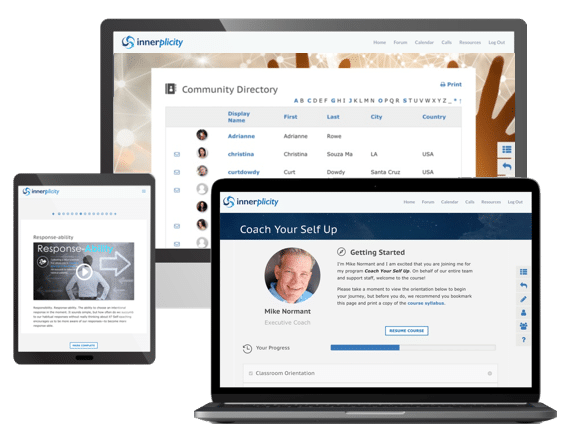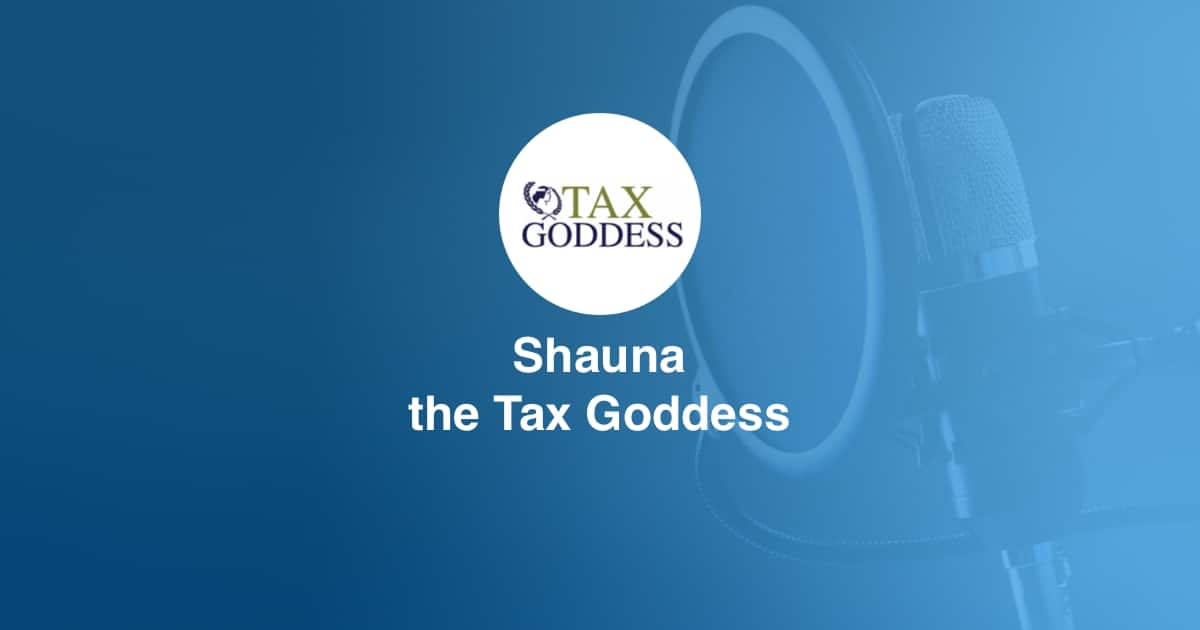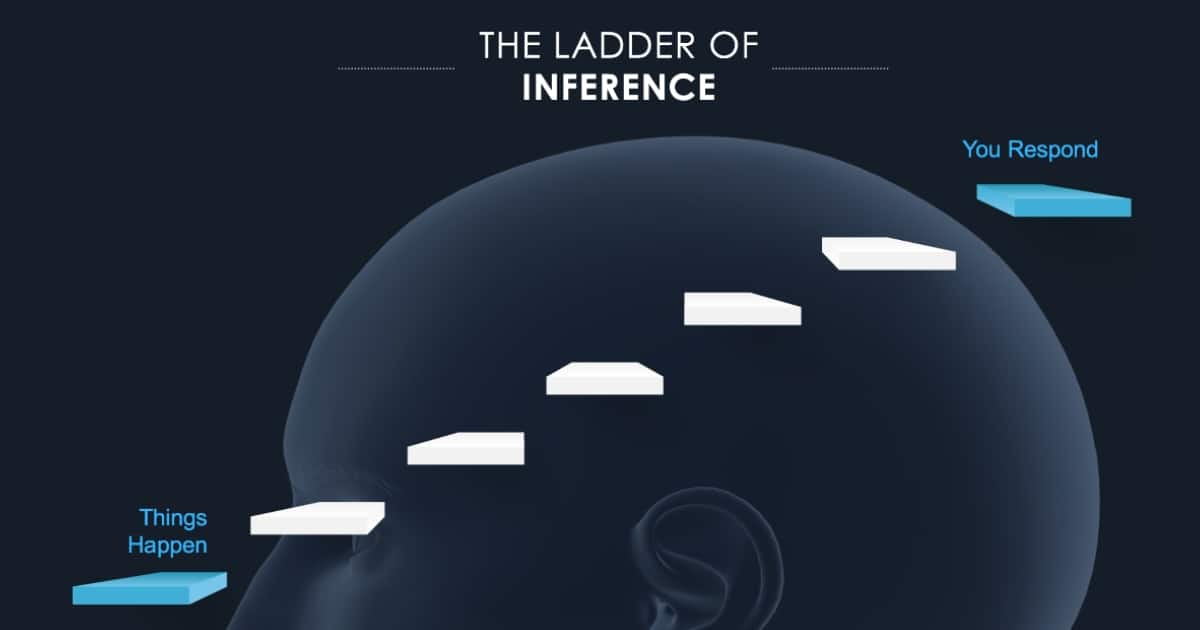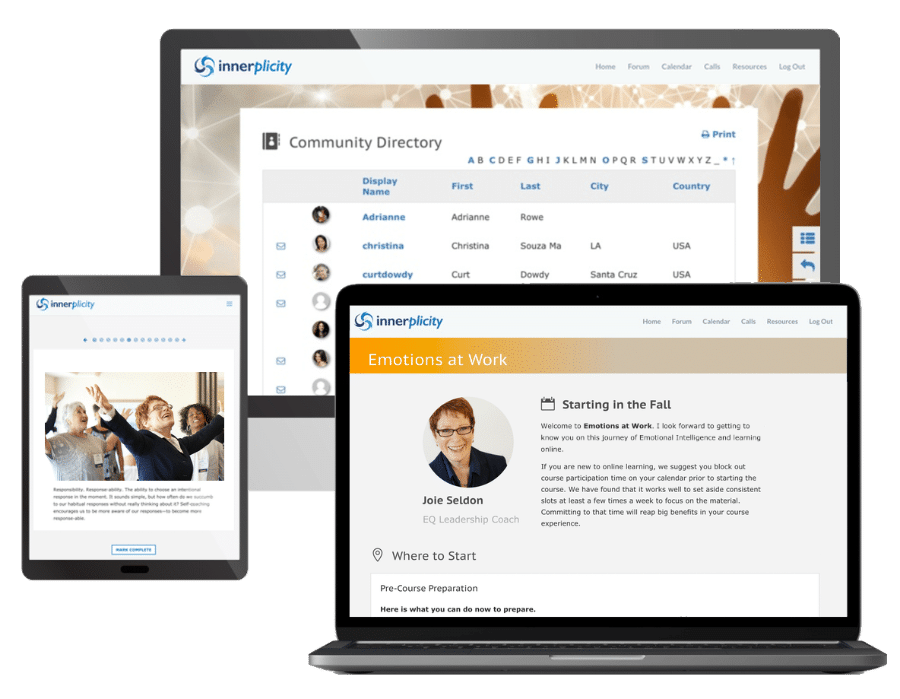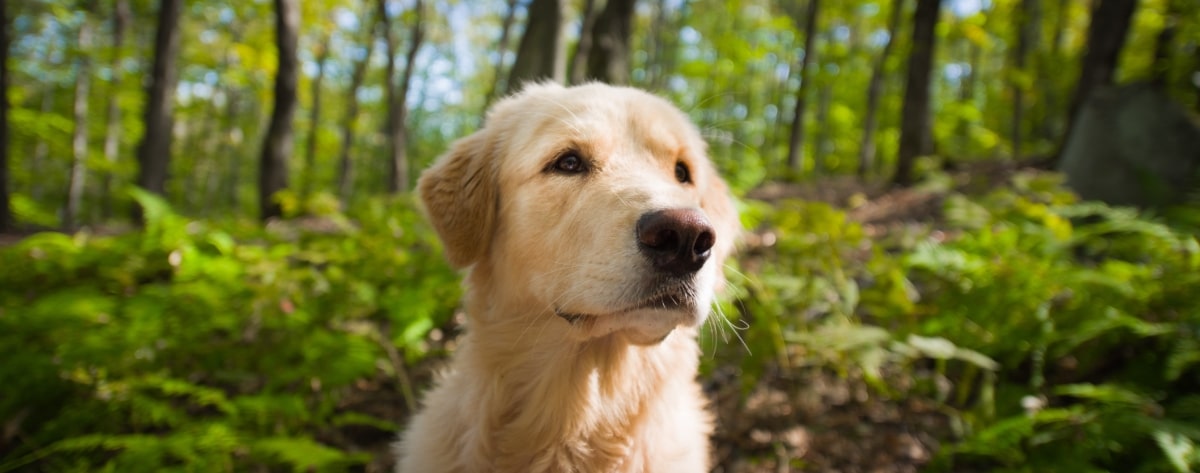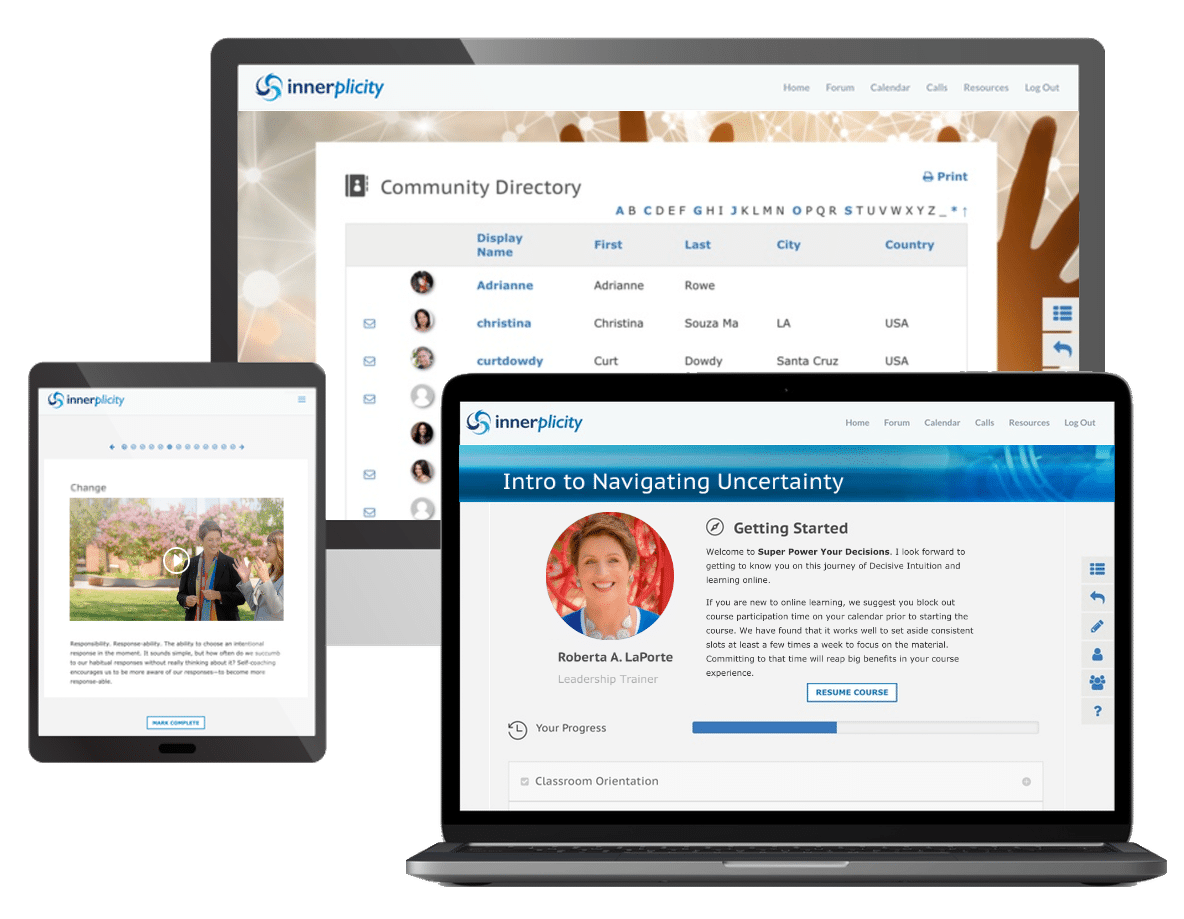- 3 min - The topic in a group discussion this morning was TRUST, and how to assess your...

Well-Being, Audacity and the Search for Meaning

Well-Being, Audacity and the Search for Meaning
– 3 min –
Which post-pandemic trend resonates with you and how do you lean into it? – Ginny Whitelaw
The trends and reports are coming in: how 18 months of Covid and various states of lockdown are indelibly changing our lives. Physical and mental well-being have become forefront concerns for many, including those in healthcare who have been exhausted, and seen their colleagues and systems exhausted, by waves of illness. The upending of everyday life and distancing from loved ones has strained mental health and thrown many of us into deeper questioning: what’s this all about anyway? The caution of lockdown has given way to audacious hopes and dreams that have people quitting jobs, writing books, and starting new businesses at record rates. The increase in working from home and meeting online has given rise to greater informality, authenticity and intolerance of work that seems without purpose or meaning.
Whether you resonate with needing to attend to your well-being, having an audacious goal for your post-pandemic life, or searching for greater meaning in this muddle, working with resonance itself is an invaluable tool. To resonate is to vibrate with. To live in resonance with life itself is to harmonize with the energies around us: the people, the situations, the earth and natural forces, and even the future we sense is possible. It gives rise to a sense of well-being, a sense of timing for when audacious moves are possible, and a sense of rightness that puts our meaning-making intellect at ease.
Resonance is not an exotic skill; it’s a physical fact. But we greatly affect how we resonate, e.g., what energies we sense and work with and the vibe we put out to others. To put it simply: we degrade our resonance by getting in our own way and we strengthen our resonance by getting out of our own way. We get in our own way because we have an ego and an entire web of needs and desires, fears and habits embodied from the past. We get out of our own way through integrative tuning and taming practices that unwind this stuff and bring our mind and body into harmony. These practices are at the heart of the Resonate course. By putting them into practice, our inner world becomes better harmonized, which in turn manifests in our outer world.
Sounds simple, and it is, but it’s not easy. Strengthening our inner resonance inverts our ordinary way of looking “out there” for some product that makes us feel better or some work that gives meaning to our life. Searching “out there”, we might find temporary relief or pleasure but nothing truly life-enhancing because everything “I” resonates with is conditioned by that whole ego-based web of needs, desires, fears and habits. It’s only when we start seeing through the web and unwinding some of its knots that we arrive at a free and fresh place.
That’s why, for example, meditation is one of the core practices for changing our resonance. By using deep, long, slow exhales, we can harmonize head, heart and hara (lower abdomen). With all senses open, we bring in the outer world and blend those energies with the inner rhythm.
- Plane passing overhead, bird chirping, motor revving, midsummer light;
stream of breath, all-embracing, inner-outer, waves upon waves upon waves.
Insight arises, the body relaxes, gratitude wells up,
the mind forms words from waves, and the intellect calls it “meaning”.
Enhanced well-being, appropriate audacity, and nothing separate to search for: such are the gifts of working with resonance.
Ginny Whitelaw, Author & CEO, Institute for Zen Leadership
A biophysicist and former senior manager for integrating NASA’s International Space Station, Dr. Whitelaw has trained leaders on the path of making a difference for more than 25 years, working with mind, body, energy and resonance through the Institute for Zen Leadership. Learn more »
Trending
Trust and Emotional Intelligence
Post-Pandemic Rebound & Recovery
3 min - It’s Time to Prepare for the Next New Normal We’ve been waiting a long time for...
Using Anger Constructively
2 min - One of the great challenges of humanity is to learn how to harness anger as a...
Resonating All The Way
3 min - Jingle bells, jingle bells, jingle all the way… This song, this sound, are cheerful...
Reality is Like a Zoom Meeting
- 2 min - Your Box isn’t My Box You may be familiar with the line from the movie Forrest Gump,...
FEATURED COURSE
Resonate
Expect to be surprised by the joy, resilience and “effortless effort” of working with resonance in real-life applications from a challenge you’re facing, to strengthening a relationship, to leading change in a team or system.
To Be Announced
Instructor-Led Course
6-Weeks Online
9hrs Est. Course time
